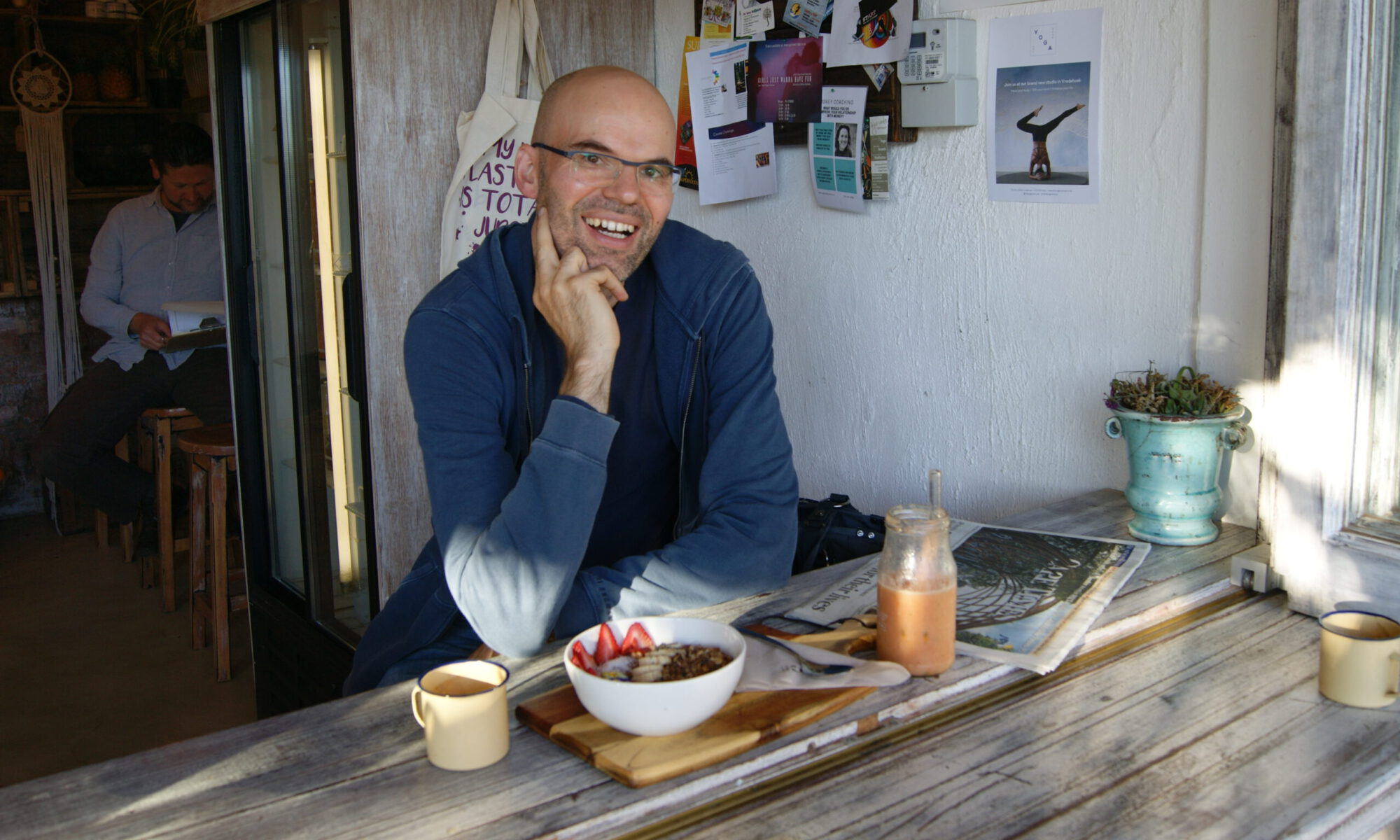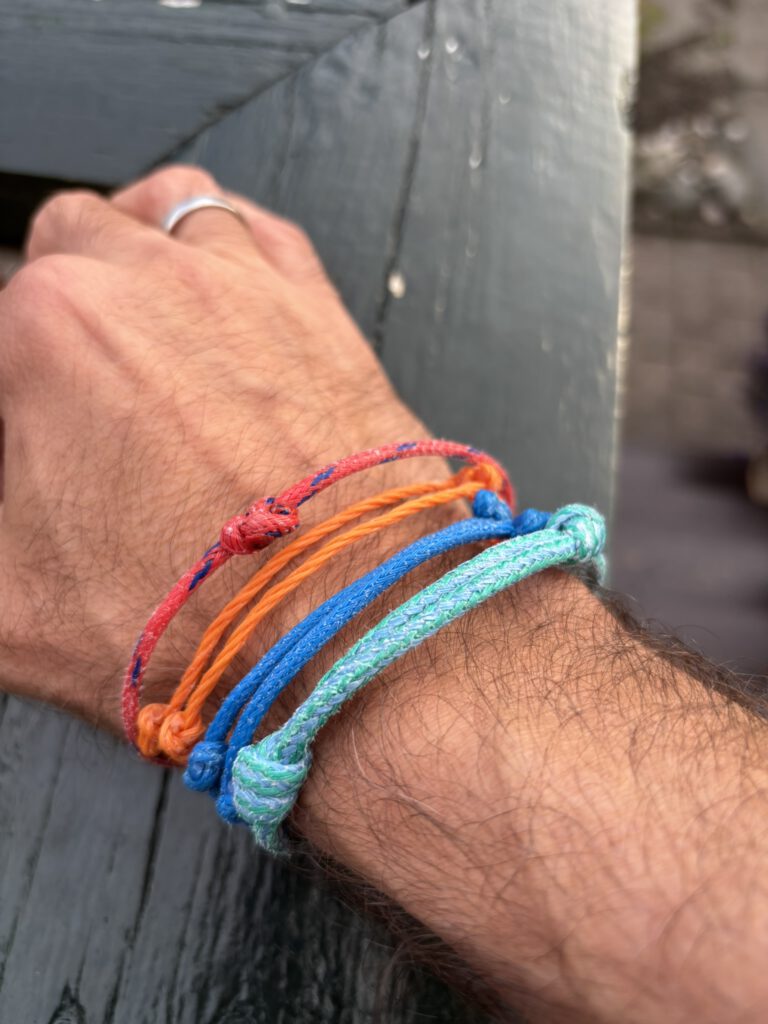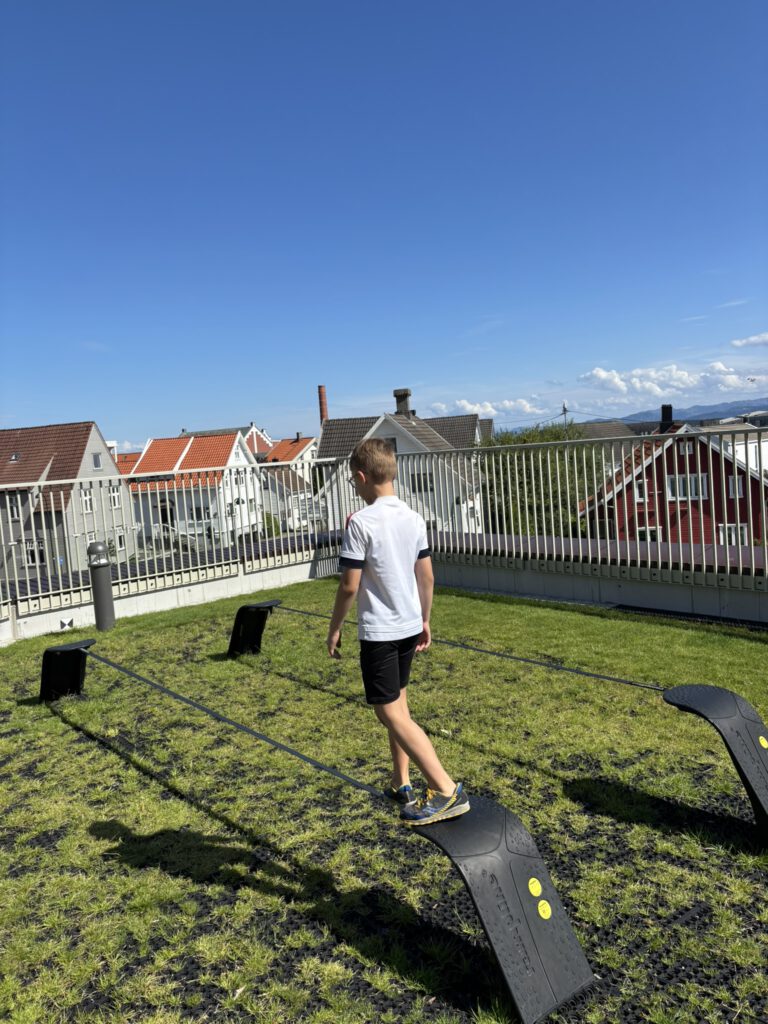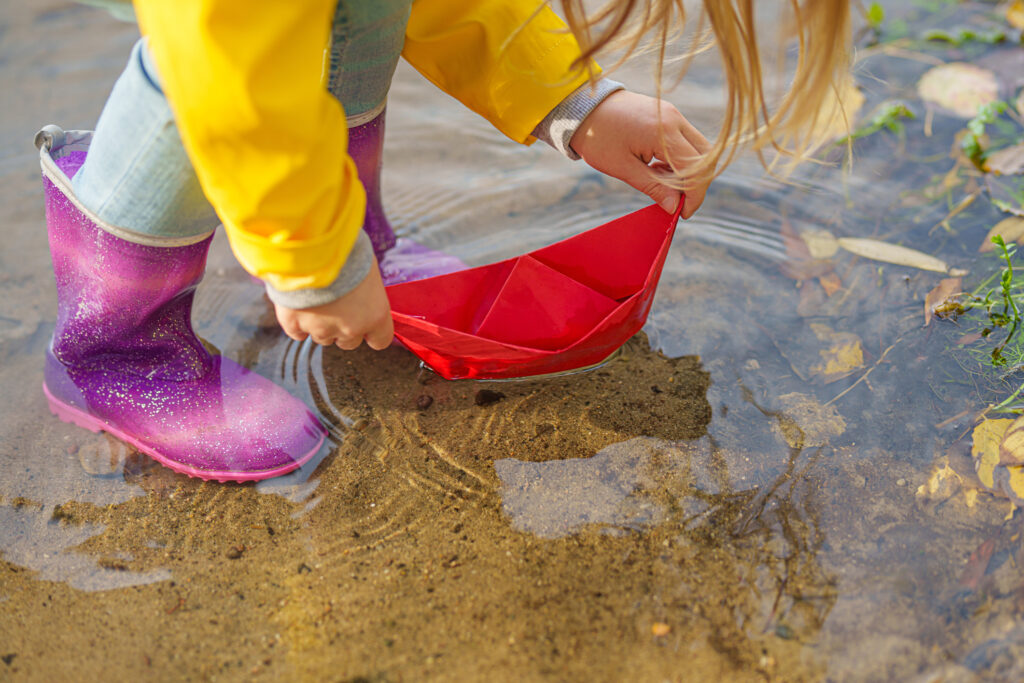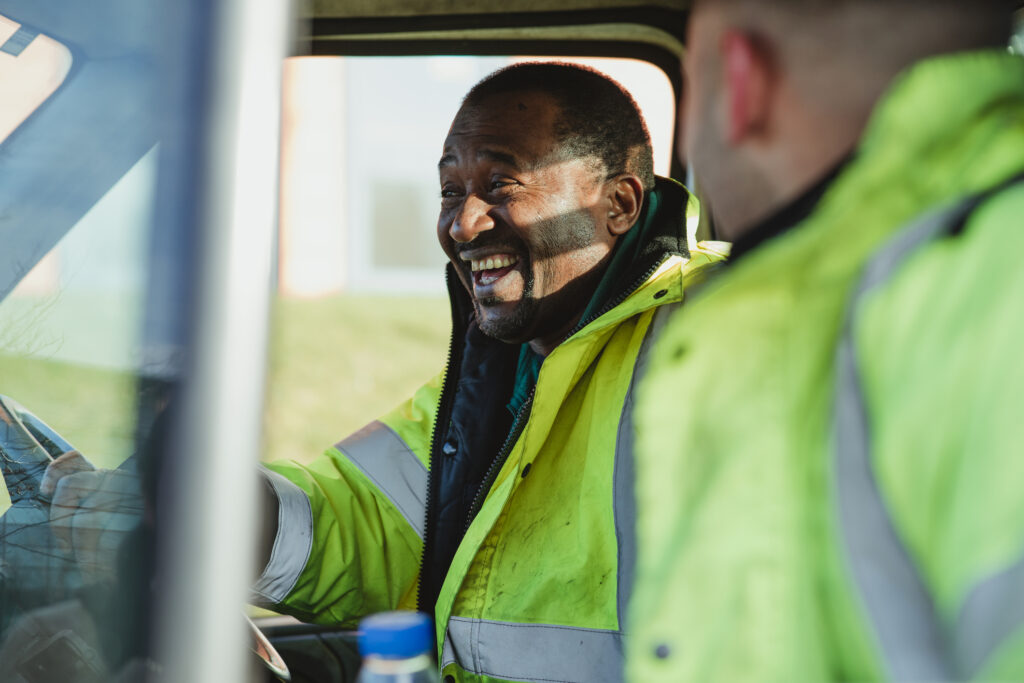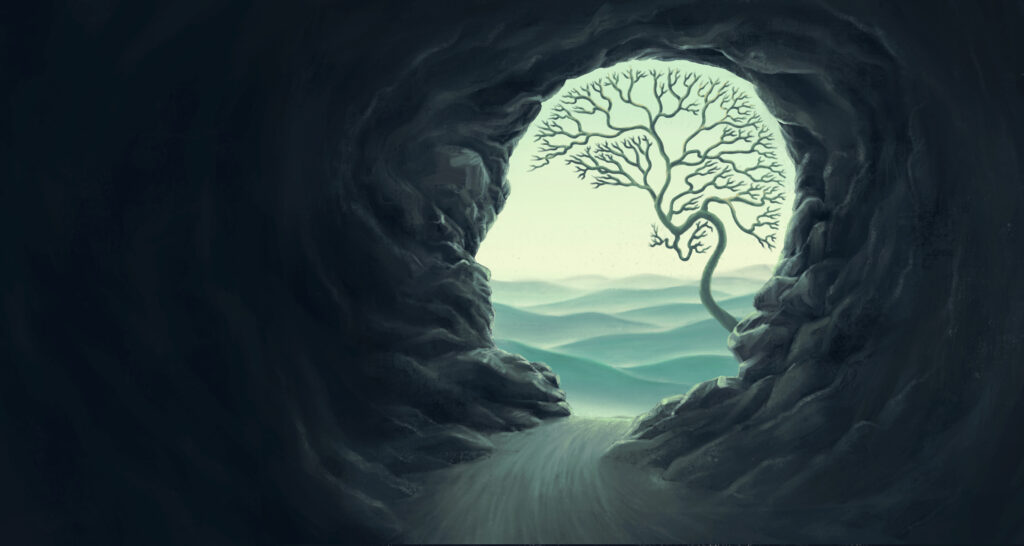How can I live a fulfilling life in which I feel comfortable?
To answer this question, I choose the analogy of a house, thereby providing a concrete model for numerous previous blog posts.
For me, a “house of abundance and well-being” has three essential components:

The foundation
The foundation is important for stability. Don’t build your house on sand, but on beliefs and values that will carry you well through all phases of life, even in your subconscious.
To do this, it makes sense to become aware of “What is my attitude towards life?” „What do I believe in? What am I convinced of? What is the meaning of life for me? Which are my values (principles/goals that guide me)?“
Which beliefs — unconsciously adopted from my environment — hinder my personal development and should I replace them with more sustainable ones?
Here are a few examples of my beliefs (you don’t have to copy them, but you can if you want):
Attitude: “Everyone has their own burdens to bear” (=> comparing yourself to others is pointless)
Belief: “Life consists of solving problems” (Karl Popper) or “Learning and enjoying life are the secrets to a fulfilling life, as are meaningful work and deep human relationships” (I heard this on the radio once and found it convincing).
Values: “Community & balance.” This alone gives rise to new convictions such as “Giving & taking is possible,” “Those who work alone add, those who work together multiply.” Or living in harmony with nature/the universe.
The walls
In order to achieve inner fulfillment and well-being, stable walls are important. You are already familiar with the four areas of “commitment,” “meaning,” “health,” and “positive relationships” from the blog posts on personal balance and what constitutes a successfull life. They form a very stable framework for your needs and strengths.
Think about what you want to work on in these four areas this year/decade.
Here are a few examples from me to illustrate this:
In the area of health, I am placing a stronger focus on healthy eating this year. Within the area of meaning, I have decided to set aside time each week to read interesting articles and reflect, in addition to my volunteer work. In the area of positive relationships, I want to spend quality time with my loved ones again this year. And in the area of commitment, I am looking forward to continuing to develop the technical department of the city of Weinheim as part of a team this year in order to achieve the greatest possible effectiveness.
The roof
And to prevent rain from entering your house and abundance and well-being from escaping, you need a roof: Choose a motto for life that will guide you through life like a North Star.
“What is worth living for?” is a fitting question in this context, and one that can be divided into vision and mission (see blog post http://dads-philosophy-blog.com/uncategorized/what-is-meaningful-life/?).
People are diverse, and so are their mottos for life. However, when choosing your motto, it is important to ensure that it does not harm your fellow human beings — regardless of their age, gender, skin color, etc .— because all people, from the equator to the poles, have similar needs and a corresponding (equal) interest in satisfying them. In this context, I like to think of the quote by former US Supreme Court Justice Ruth Bader Ginsburg: “Fight for the things that you care about, but do it in a way that will lead others to join you.“
Example: As you can easily see from my previous blog posts, I have chosen “A world of justice and balance” as my vision. I see my mission as contributing to creating an environment of well-being, promoting the common good, and preserving creation.
Here is my Instagram reel for the blog post: https://www.instagram.com/fabelosophie/reel/DTpgmU9CCve/
Translated from German with DeepL.com (free version)
